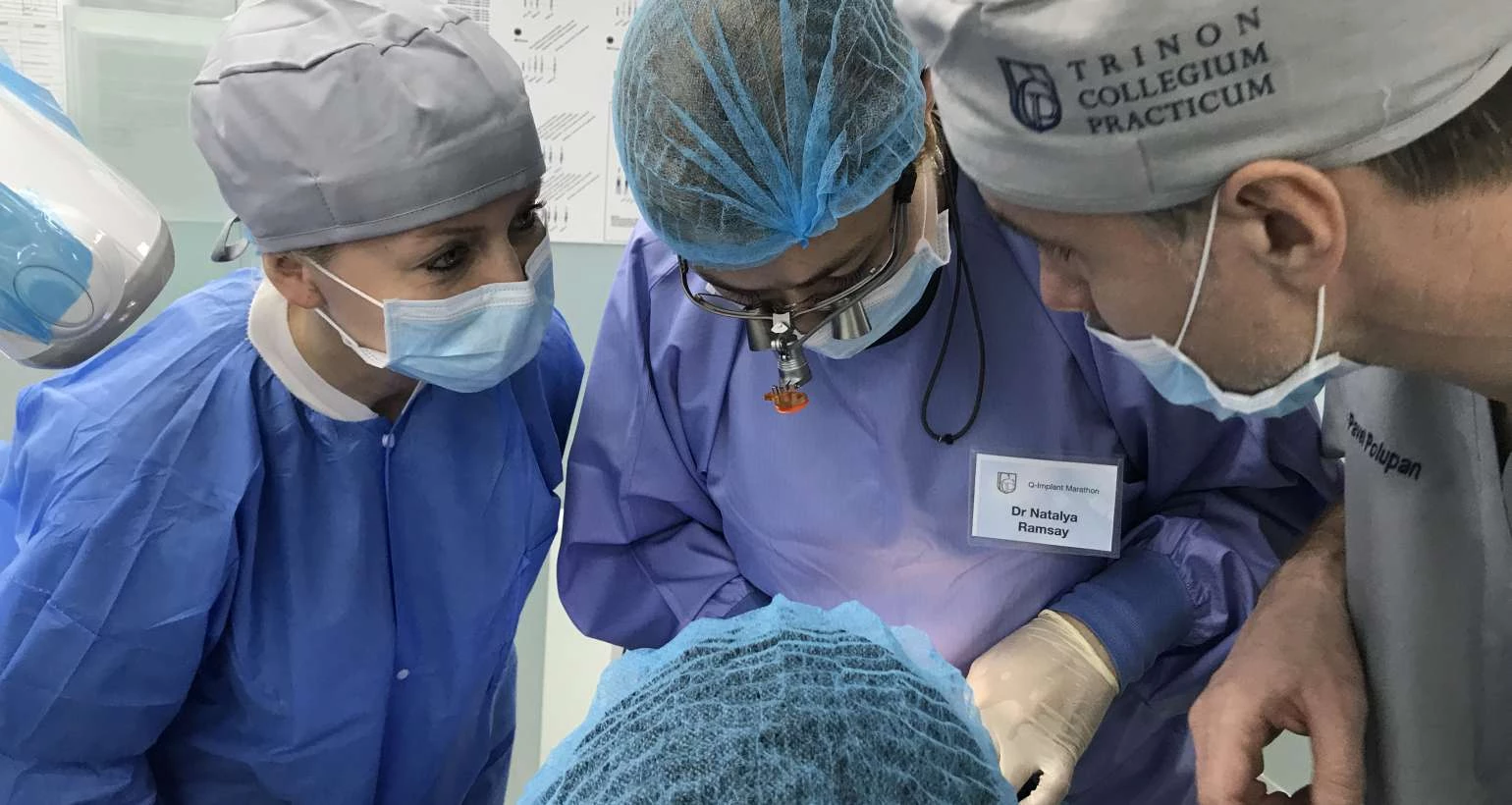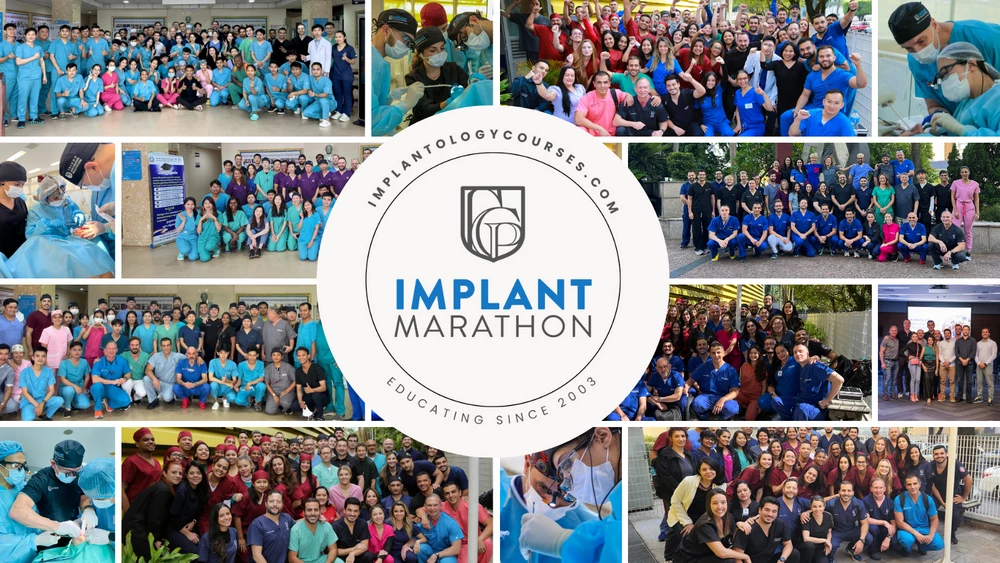
May 15, 2019
How do you choose the right dental implant training programs?
Dental implantology is an innovative and rapidly evolving branch of dentistry. However, dental implant courses are not always included in the general dental degree. If you wish to move into the area, you need to seek specific postgraduate training and stay up-to-date with the latest clinical findings and techniques, to ensure that you provide the best possible care to your patients while meeting mandatory CPD/CE requirements. Choosing the right dental implant training center, which offers both high quality implant educators and implantology courses, can be the gateway to a successful and productive future in the field.
The Basics
Professional learning is a career-long commitment, so it is important that you choose the right specialty in order to maintain engagement. Implant placement opens up a branch of dentistry that has become more accessible to more dentists than in the past. Both digital technologies and clinical techniques have advanced significantly in the past decade alone, moving on from single implant placement to the All-on-4 treatment concept, immediate loading1 and complex rehabilitations.
Online courses versus live implant training
With this digital era, ‘students’ are no longer restricted to the classroom. There is now an array of teaching methods that can be utilized to suit just about everyone’s schedule and preference, including online learning modules, hands-on training and theory-based, academic courses. In a hands-on profession such as dentistry, a certain amount of live implant training with practical workshops is required so that you have handled the materials and tested the techniques before using them on real-life patients. Some courses therefore combine different dental implant training programs in order to meet clinicians’ needs.
What are your specific goals for your dental implant education?
When it comes to choosing a dental implant courses, it’s important to identify what your goal is and what you want to achieve. Do you want to develop your knowledge through an academic course, or gain new practical skills for treating patients in practice? The range of clinical education is extensive and so you should carefully consider which courses will help meet your learning objectives. Examining the course structure, the aims and outcomes, method of teaching and who is involved in the course can also help you make a final decision. Training providers might differentiate themselves according to the skill of the instructor, length or format of the course, as well as the resulting qualifications available.




